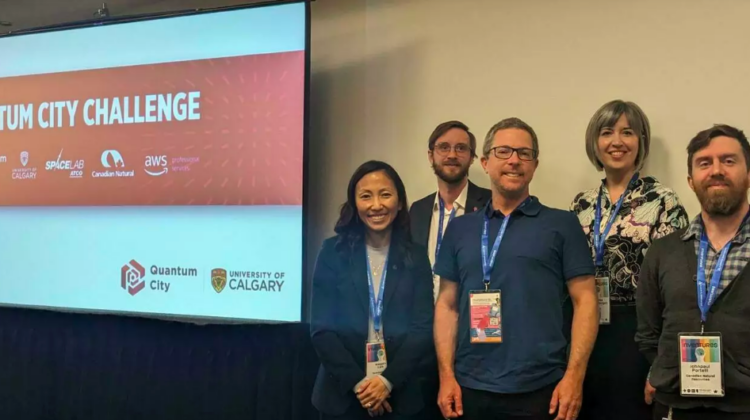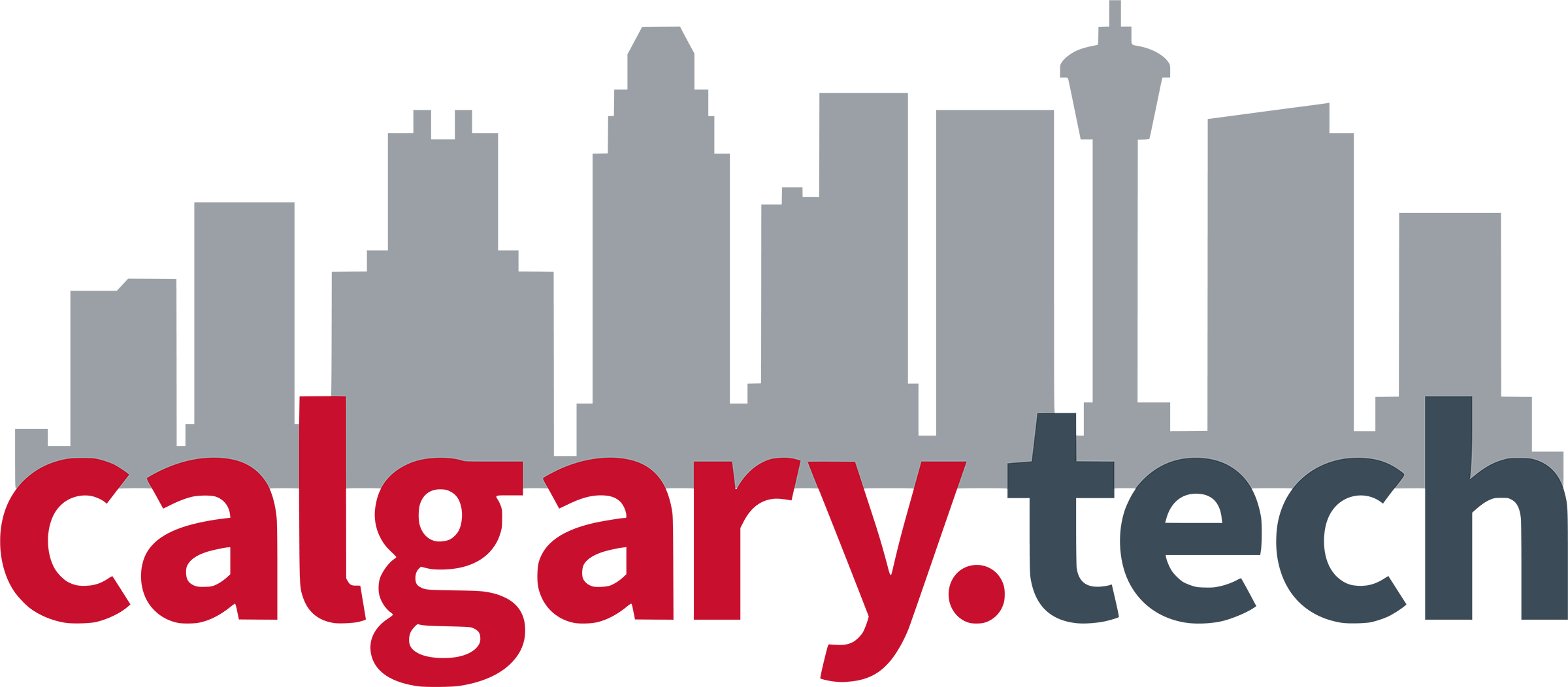
Alberta has emerged as a leader for quantum technology development, with a vibrant ecosystem of research institutions, startups, incubators and industry partners.
Leading the way is the University of Calgary’s Quantum City, Alberta’s global quantum solutions hub.
Quantum City’s mission is to establish quantum-focused fabrication infrastructure, new talent development programs and commercialization pathways to support the development of a vibrant economic and scientific hub based in Calgary.
Last year Quantum City launched the Quantum City Challenge, a worldwide competition designed to connect the Alberta energy industry with leading quantum computing research teams in academia and industry, to work on real-world problems.
Quantum City teamed up with ATCO’s SpaceLab and Canadian Natural and worked alongside Amazon Web Services to facilitate the competition and it attracted diverse participants from around the world, with over 60 individuals and teams creating profiles for the challenge.
Last week the Quantum City Challenge crowned its champions at Inventures 2024, showcasing novel solutions that harness the potential power of quantum technology to address the energy industry’s challenges.
In the smart charging of electric vehicles track, designed by ATCO SpaceLab in collaboration with Quantum City, participants were asked to optimize a charging schedule for electric vehicles (EVs) while respecting overall constraints on a network’s power capacity.
The winning submission was from AngelQ, a Singapore-based quantum computing startup.
The AngelQ team adapted a qubit-efficient optimization algorithm to the proposed EV charge scheduling task, demonstrating it was possible to solve reasonably large-scale versions of this problem using limited quantum resources. This result helps to illustrate the ways in which quantum computers can be used to solve hard optimization problems, even in the near term.
The Quantum City Challenge’s tailings treatment track, designed by Canadian Natural with Quantum City, was positioned around the management of “fluid fine tailings,” the watery mixture of clay, sand, and other materials left over after extracting bitumen.
A global team from Accenture secured the win for this challenge track.
The Accenture team proposed a hybrid quantum neural network to help find the best possible combination of flocculants and coagulants for tailings treatment. Their model showed similar performance to state-of-the-art classical machine learning approaches and suggested potential quantum advantages.
The winners’ ideas from the challenge will be integrated into the expanding quantum ecosystem, with potential ongoing collaboration opportunities from industry partners.
The winning teams will now have access to funding, mentoring, speaking engagements and technical resources to advance their solutions toward implementation.


Leave a Reply